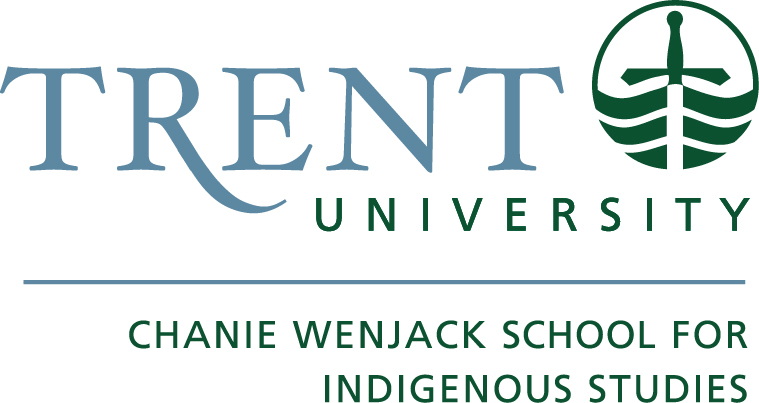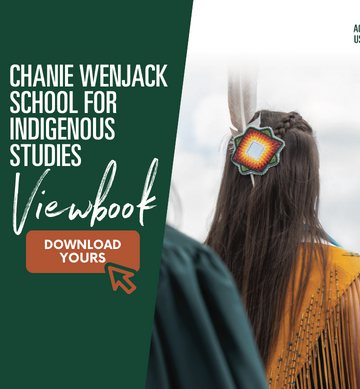
Chanie Wenjack
Chanie Wenjack was a young Anishinaabe boy from Ogoki Post in Marten Falls In Northern Ontario, Canada. He attended Cecilia Jeffrey Indian Residential School near Kenora, Ontario. The school was run by the Women’s Society of the Presbyterian Church
Challenge the Way You Think. Think Indigenous. Think Trent.
For more than 50 years, Trent has incorporated traditional teachings and perspectives into its curricular and extra-curricular programming. In fact, Trent’s groundbreaking leadership in Indigenous Studies dates back to our beginnings, when we became the first university in Canada, and only the second in North America, to establish an academic department dedicated to the study of Indigenous peoples and Indigenous knowledges. It’s just one of the ways we think differently, and inspire our students to do the same.
Words of welcome and encouragement from Skahendowaneh Swamp, Chair, Indigenous Knowledge
Our Leadership in Indigenous Studies: An Interactive Timeline
We invite you to explore our history of leadership, and join our extraordinary community of scholars to continue this legacy and make a difference in our world.




